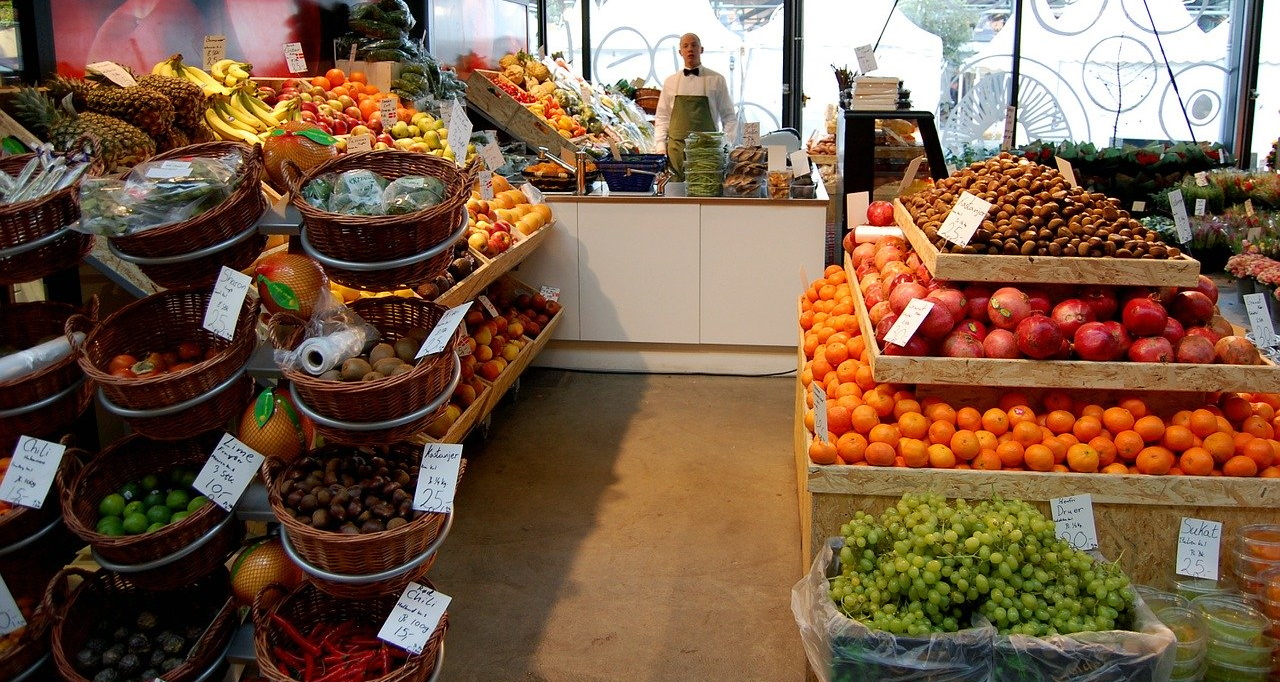Eli Gorovici loves to take friends sailing on the Mediterranean. As the new pilot of Trigo, a Tel Aviv-based startup, he’s inviting the whole retail industry on a cruise to a future with AI.
“We aim to bring the e-commerce experience into the brick-and-mortar supermarket,” said Gorovici, who joined the company as its chief business officer in May.
The journey starts with the sort of shopping anyone who’s waited in a long checkout line has longed for.
You fill up your bags at the market and just walk out. Magically, the store knows what you bought, bills your account and sends you a digital receipt, all while preserving your privacy.
Trigo is building that experience and more. Its magic is an AI engine linked to cameras and a few weighted shelves for small items a shopper’s hand might completely cover.
With these sensors, Trigo builds a 3D model of the store. Neural networks recognize products customers put in their bags.
When shoppers leave, the system sends the grocer the tally and a number it randomly associated with them when they chose to swipe their smartphone as they entered the store. The grocer matches the number with a shopper’s account, charges it and sends off a digital bill.
And that’s just the start.
An Online Experience in the Aisles
Shoppers get the same personalized recommendation systems they’re used to seeing online.
“If I’m standing in front of pasta, I may see on my handset a related coupon or a nice Italian recipe tailored for me,” said Gorovici. “There’s so much you can do with data, it’s mind blowing.”
The system lets stores fine-tune their inventory management systems in real time. Typical shrinkage rates from shoplifting or human error could sink to nearly zero.
AI Turns Images into Insights
Making magic is hard work. Trigo’s system gathers a petabyte of video data a day for an average-size supermarket.
It uses as many as four neural networks to process that data at mind-melting rates of up to a few hundred frames per second. (By contrast, your TV displays high-definition movies at 60 fps.)
Trigo used a dataset of up to 500,000 2D product images to train its neural networks. In their daily operations, the system uses those models to run millions of inference tasks with help from NVIDIA TensorRT software.
The AI work requires plenty of processing muscle. A supermarket outside London testing the Trigo system uses servers in its back room with 40-50 NVIDIA RTX GPUs. To boost efficiency, Trigo plans to deliver edge servers using NVIDIA T4 Tensor Core GPUs and join the NVIDIA Metropolis ecosystem starting next year.
Trigo got early access to the T4 GPUs thanks to its participation in NVIDIA Inception, a program that gives AI startups traction with tools, expertise and go-to-market support. The program also aims to introduce Trigo to NVIDIA’s retail partners in Europe.
In 2021, Trigo aims to move some of the GPU processing to Google, Microsoft and other cloud services, keeping some latency- or privacy-sensitive uses inside the store. It’s the kind of distributed architecture businesses are just starting to adopt, thanks in part to edge computing systems such as NVIDIA’s EGX platform.
Big Supermarkets Plug into AI
Tesco, the largest grocer in the U.K., has plans to open its first market using Trigo’s system. “We’ve vetted the main players in the industry and Trigo is the best by a mile,” said Tesco CEO Dave Lewis.
Israel’s largest grocer, Shufersal, also is piloting Trigo’s system, as are other retailers around the world.
Trigo was founded in 2018 by brothers Michael and Daniel Gabay, leveraging tech and operational experience from their time in elite units of the Israeli military.
Seeking his next big opportunity in his field of video technology, Gorovici asked friends who were venture capitalists for advice. “They said Trigo was the future of retail,” Gorovici said.
Like sailing in the aqua-blue Mediterranean, AI in retail is a compelling opportunity.
“It’s a trillion-dollar market — grocery stores are among the biggest employers in the world. They are all being digitized, and selling more online now given the pandemic, so maybe this next stage of digital innovation for retail will now move even faster,” he said.
